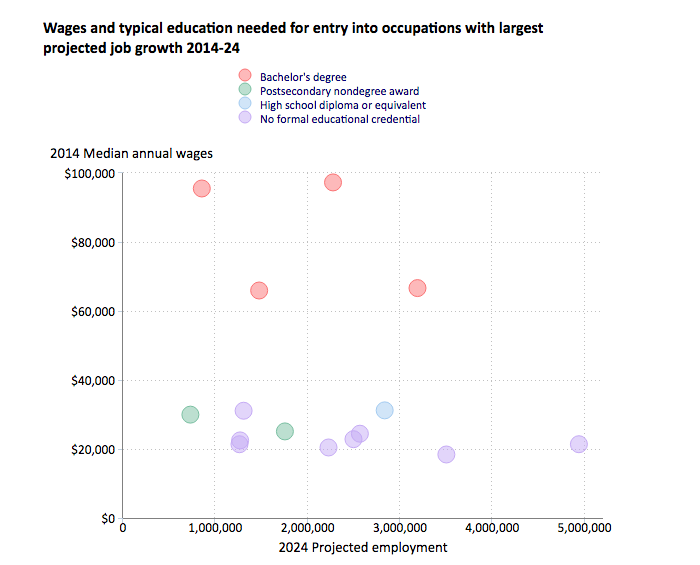Why just fit in when you were born to stand out?
Through our network of clients, we can introduce you to a variety of roles in different sectors, and guide you to the next step on your career path. We are also available to prepare you for your interview, negotiate your salary, and close your deal! Your information is always kept in the strictest of confidence, which means we will not disclose your information to an employer without your consent.
As a job seeker, what should you expect?
How many interviews to get an offer?
- 5 or more interviews 6%
- 4 interviews 14%
- 3 interviews 48%
- 2 interviews 30%
- 1 interview 1%
(Source: MRI Network)
Most job offers continue to come after three interviews. This is consistent with year-over-year survey data that focuses on most recent placements.
Slower interview processes are gradually increasing time to hire. (Source: Glassdoor) It takes an average three interviews and three to six weeks to get an offer. In comparison, it was one to four weeks in the second half of 2015. (Source: MRI Network)
Typical education needed for entry into the largest growing occupations

From 2014 to 2024, the U.S. economy is projected to add 9.8 million jobs. Among the 15 occupations projected to grow the most by 2024, a bachelor’s degree is typically needed to work in the 4 occupations that paid the highest annual wages in 2014: general and operations managers ($97,270), software application developers ($95,510), registered nurses ($66,640), and accountants and auditors ($65,940). In general, higher paying occupations require higher levels of education. (Source: U.S. Bureau of Labor Statistics)
